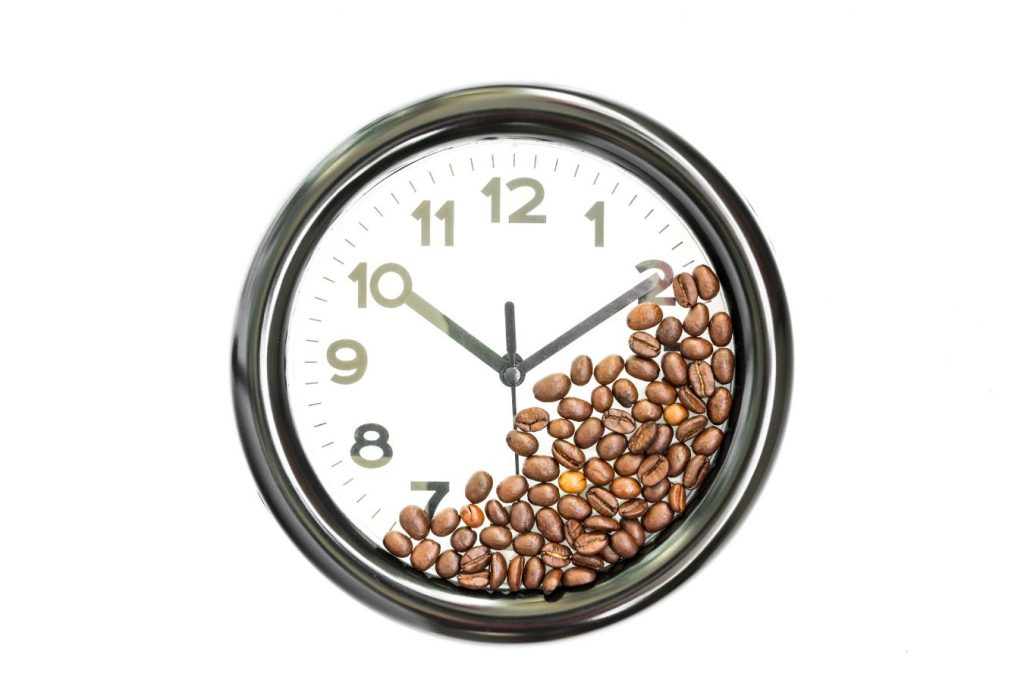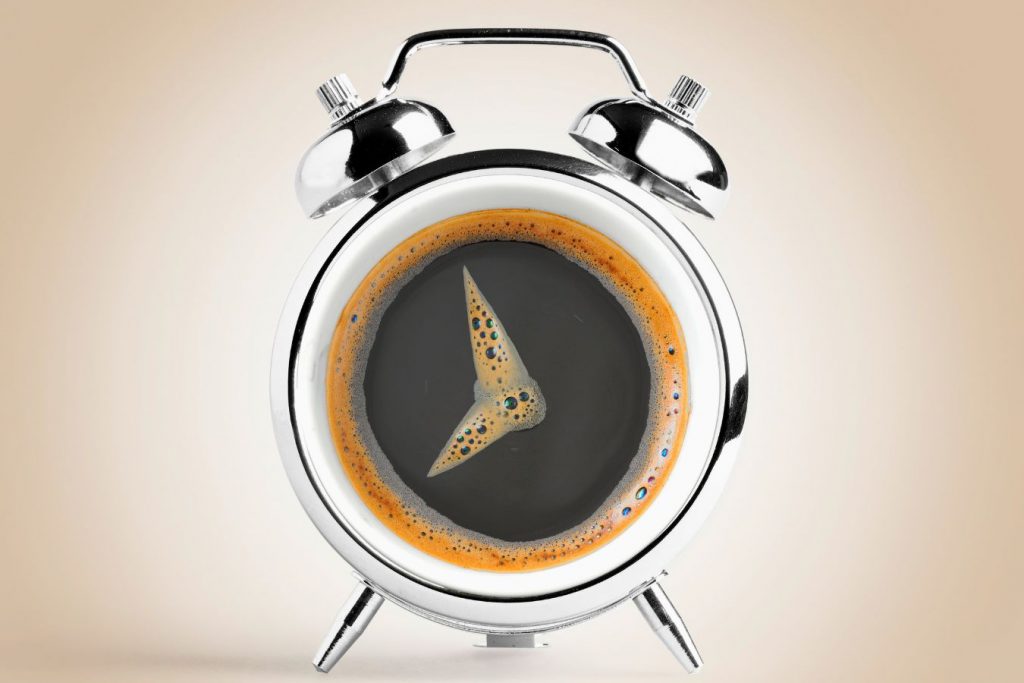
Coffee Roasting Development Time And Some Development Stage Issues: Many changes occur during bean development time and many mistakes too. Coffee development is crucial when the flavour and aromas are created during roasting. This article will look at what time of coffee roasting development and some of the issues in the development stage.
Development Time of the Beans
Development time
Development time is a term that refers to the period after the onset of the first crack until the end of the roast. Getting the development right will mean your coffee will have balanced acidity with excellent body and sweetness.
Average time
The average time can vary from one roaster to another. At Giesen Coffee Roasters, we calculate a time of 12 minutes for a regular coffee roast. But what we emphasized before, this depends on several things.
Roast types
While roasting, you can decide which kind of bean flavour you prefer. Therefore, the time of development can be different as well. The bean is perfect for choosing the regular coloured bean just after the first crack.

But you can also select some dark roasted beans. These are suitable for the Italian- and French coffee roast. Therefore the time will be long before all the beans are developed correctly. It all depends on preference in taste!
Why is the development time ratio important?
Development Time is a term that refers to the period after the onset of the first crack until the end of the roast. Getting the development right will mean your coffee will have balanced acidity with excellent body and sweetness.
It shouldn’t display undesirable savoury “organic” flavours, and its structure will be broken down sufficiently to allow water to enter and dissolve its flavours.
The Rate of Rising temperature during this phase is essential, but so too is the amount of time the beans are roasted at this stage. With the IKAWA Pro Sample Roaster, the roast time can vary significantly from 4 minutes up to 12 – 14 minutes at a push, so we think looking at the development time as a ratio is a better metric.
Scot Rao talks about the ideal Development Time Ratio (DTR) being between 20 – 25% of the total roast time in his Third Commandment of Coffee Roasting in The Coffee Roasting Companion. We’d be interested to hear what DTR you find as the optimal range – with a shorter total roast time and fast Rate of Rising possible with the IKAWA Pro Sample Roaster; you may find the parameter vary.
Issues in the development stage
Underdevelopment
Underdevelopment generally occurs when a bean has not been roasted enough or not roasted thoroughly. Michael Macaskill, the owner of Terbodore Coffee in South Africa, explains that “underdevelopment could lead to it tasting grassy.”
The grassy and hay-like flavours of underdeveloped coffee can occur for some reasons. Paul explains how there are two scenarios that result in underdeveloped coffee.
First, Paul tells me, “coffee has been released from the drum before the desirable attributes have properly developed. Visually the coffee will be lighter coloured than it should be, denser, and higher in moisture.”
Second, underdevelopment can occur when “coffee is not roasted evenly through the bean. Visually it looks correct, but upon cupping, reveals some undesirable attributes,” Paul says.

Increasing the development time can help prevent an underdeveloped batch. Assuring a steady application of heat to the bean is also crucial to ensure that coffee roasts evenly.
Overdevelopment
Overdevelopment can also produce undesirable tastes in coffee. Paul tells me, “Overdeveloped coffee can include loss of acidity and delicate florals, too much caramelization, also the onset of roasty flavours like charcoal, toast, and bitter chocolate.”
However, Michael emphasizes that “there is a small margin between a dark roast and overdevelopment.” Everybody has a different palate, and a dark roast for one person may be overdeveloped for someone else.
Matt Perger, World Brewers Champion 2012, says, “Development isn’t a scale like colour; it’s a yes/no thing.” Instead, coffee is underdeveloped until the bean’s sugars and acids are developed, and after that, it is all down to personal preference.
Knowing the profile you want to achieve is all you need. If the shape is dark and has bitter notes, this isn’t a problem if this is the desired outcome.
Baking
Baked coffee can also come into question of underdevelopment or overdevelopment. Coffee can taste dull, even bready, or oaty if a roast has been baked.
Paul says, “Baking occurs when insufficient heat is applied at some or all points during the roast, so the coffee proceeds too slowly.”
Therefore, this can occur before the first crack and the development phase. It refers to an earlier development in the bean, which highlights that developing flavour in coffee is present throughout the entire roasting process.